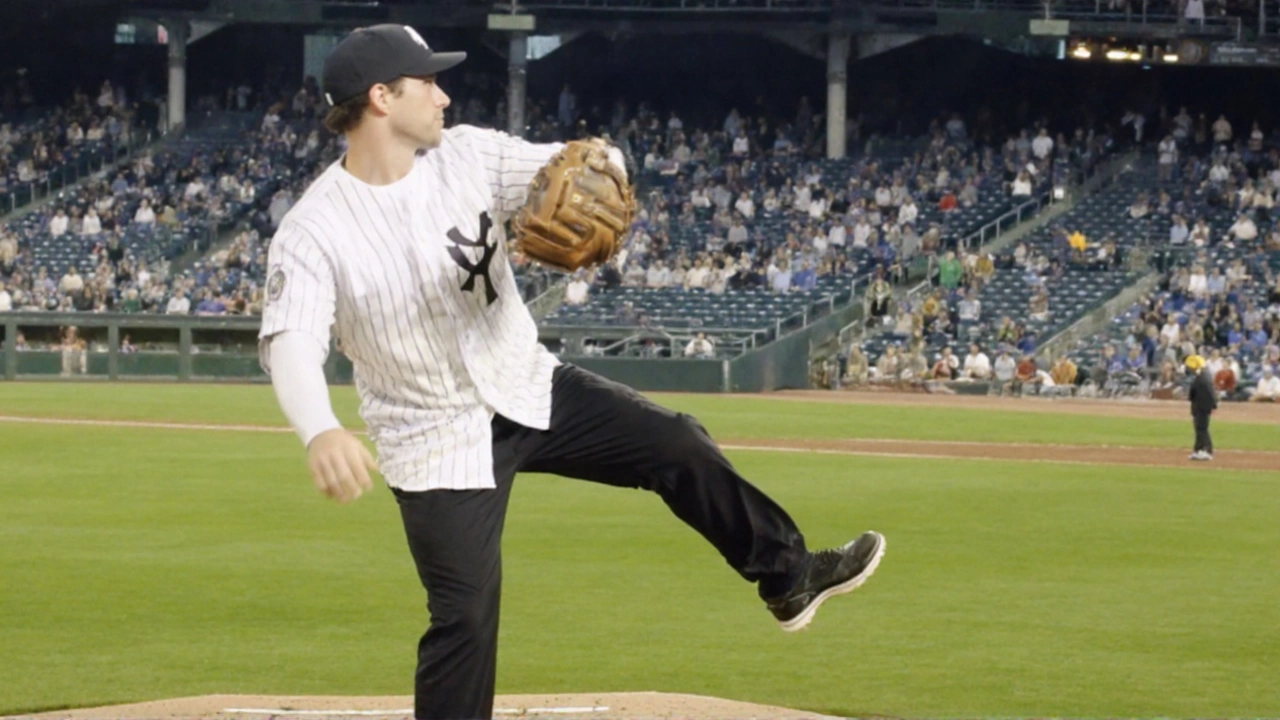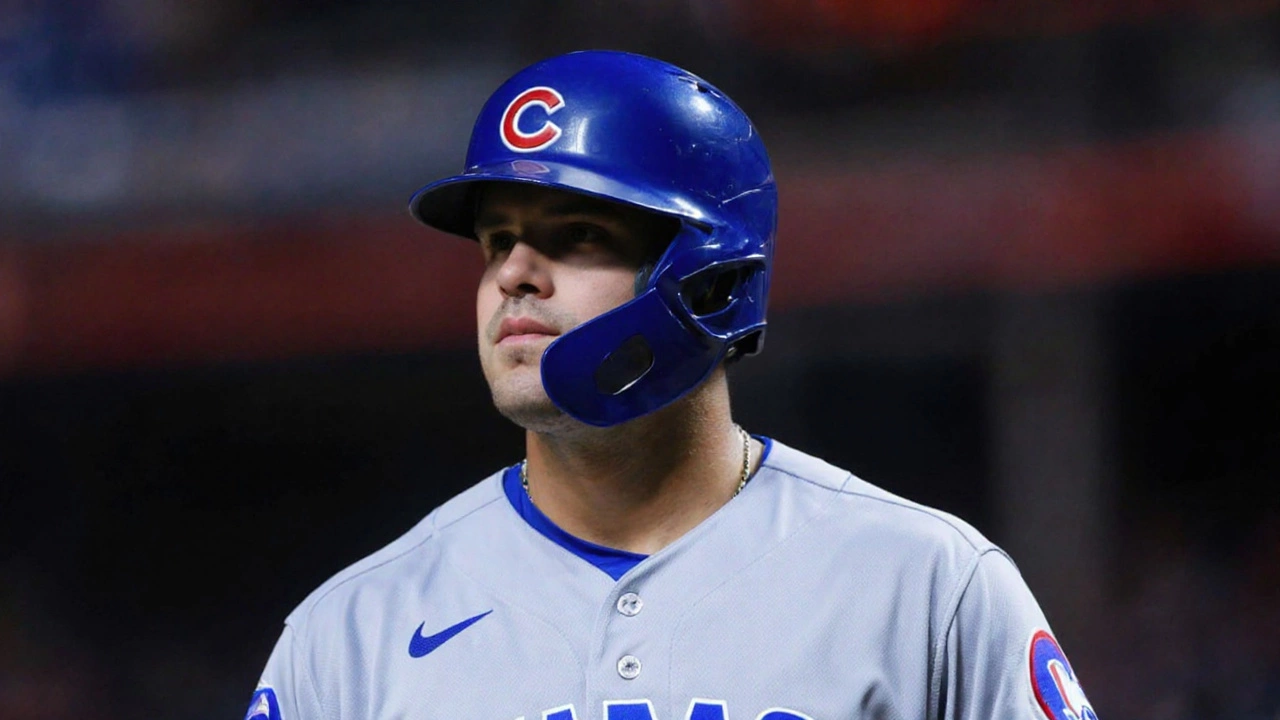Why Shaw Chose the Memorial Over the Game
Chicago's third‑base rookie Matt Shaw was not on the field when the Cubs fell 1‑0 to the Cincinnati Reds last Sunday. While the official line from manager Craig Counsell was that Shaw was unavailable due to a friend's funeral, the truth emerged that the young player had traveled to Glendale, Arizona, to honor the memory of Charlie Kirk, a local community figure whose memorial service was scheduled that same afternoon.
In a candid interview the following day, Shaw explained that the decision was rooted in his personal faith. He said the blessings he attributes to his upbringing and belief system compel him to be present for moments that matter beyond baseball. "Without my faith and the many blessings I’ve received, I wouldn’t be here talking to you all," he said. "I’m prepared for any backlash, because I know what matters most to me.”
Shaw’s choice came at a crucial juncture in the season, with the Cubs battling for a playoff spot. Missing a game during a tight race is rare, and Shaw’s absence left a hole at third base that the club struggled to fill. Nevertheless, the rookie appeared unapologetic, framing his attendance as an act of gratitude rather than a professional misstep.

The Media Reaction and Wider Implications
New York Mets broadcaster Gary Cohen seized on the story during the Mets’ win over the Cubs on Tuesday. Mid‑game, Cohen labeled Shaw’s decision "weird" and warned that leaving a team in the middle of a race for any reason other than a family emergency is "unprecedented." His co‑analyst, former player Todd Zeile, echoed the sentiment, calling the move "unusual" and suggesting it set a concerning precedent for player conduct.
The remarks sparked a flurry of criticism on social media. Fans and commentators divided, with some defending Shaw’s right to prioritize personal belief, while others argued that professional obligations should trump all else during a championship push. Cohen faced a wave of negative comments but has not issued an apology or retraction, maintaining that his observations were strictly about the timing of the absence, not its political undertones.
When Shaw returned to the lineup on Thursday and logged three at‑bats, Cohen refrained from revisiting the earlier commentary. The silence could be read as a tacit acknowledgment that the issue had already been aired, or simply a decision to keep the focus on the game.
This episode underscores a growing tension in major sports: how athletes balance personal convictions—whether religious, cultural, or political—with the relentless expectations of their teams and fans. As the season progresses, similar instances may force leagues, coaches, and broadcasters to clarify where the line is drawn between private life and public responsibility.
